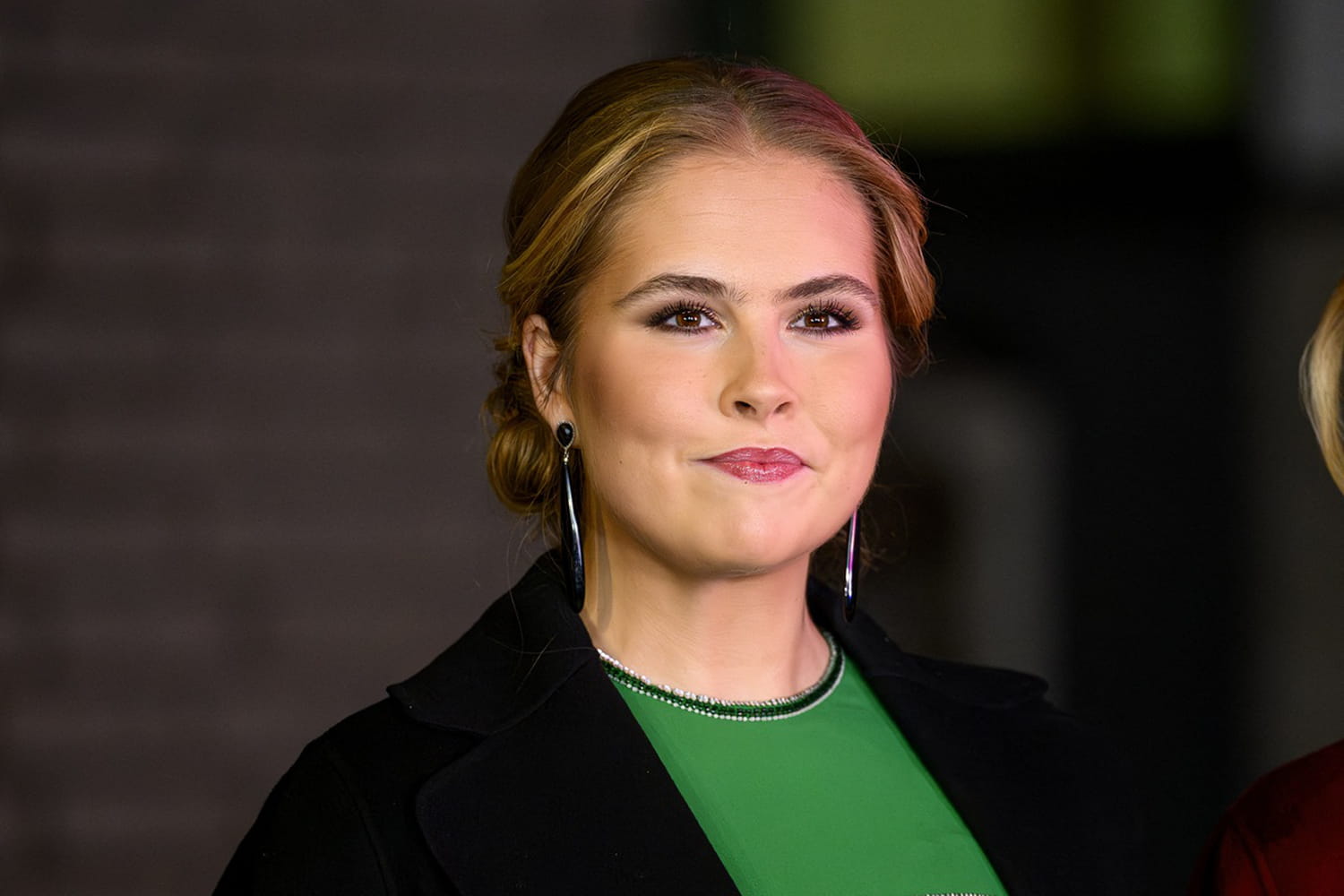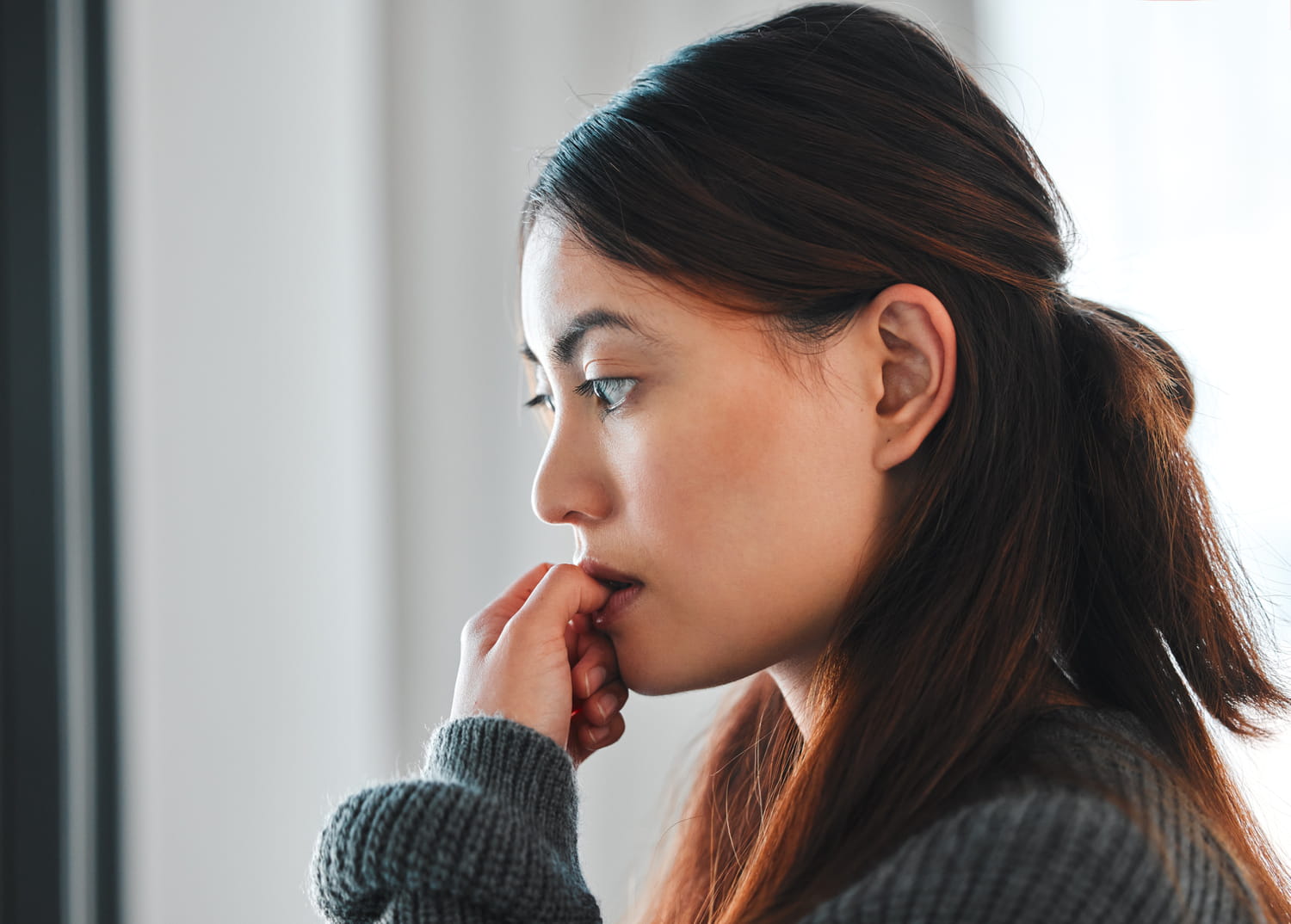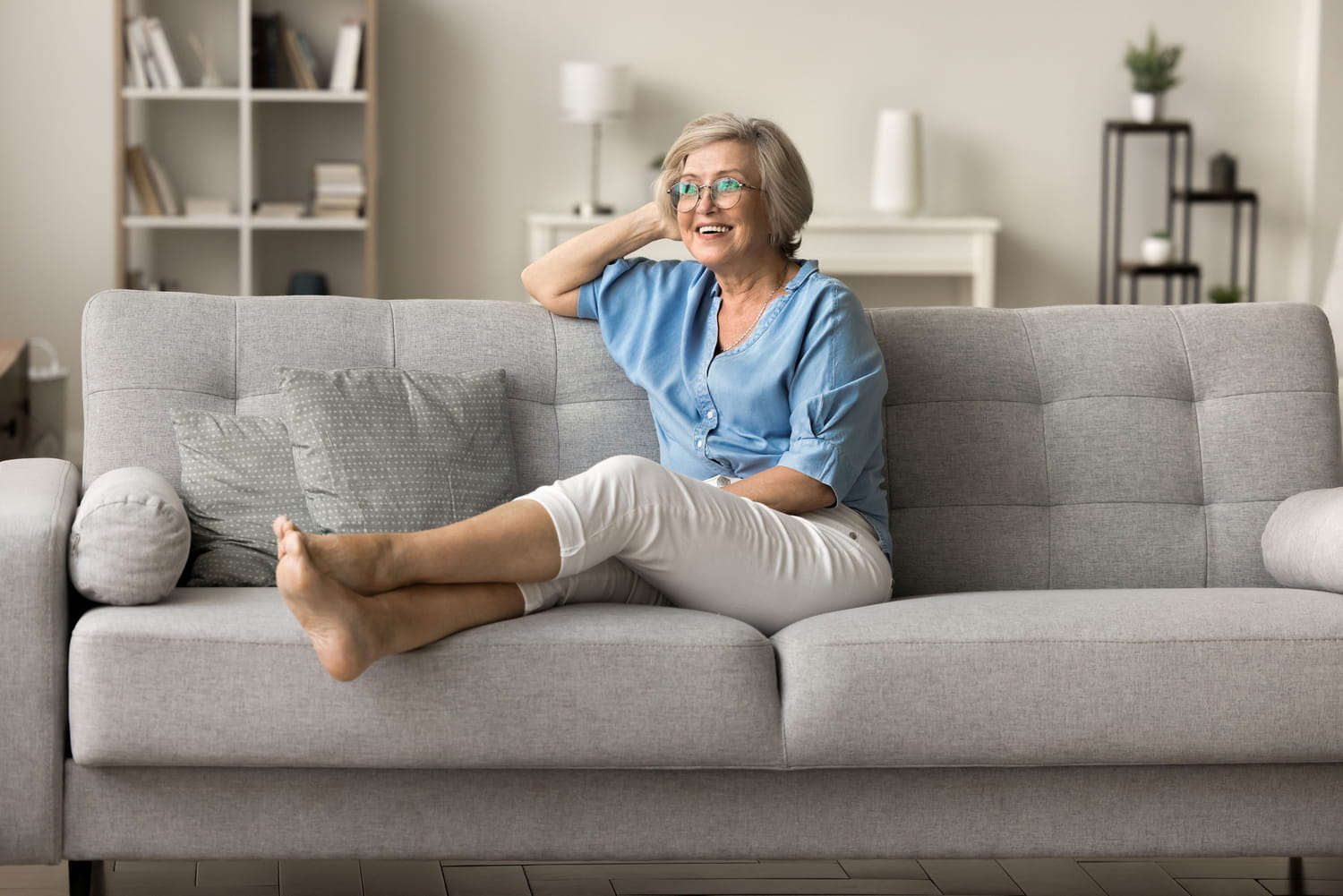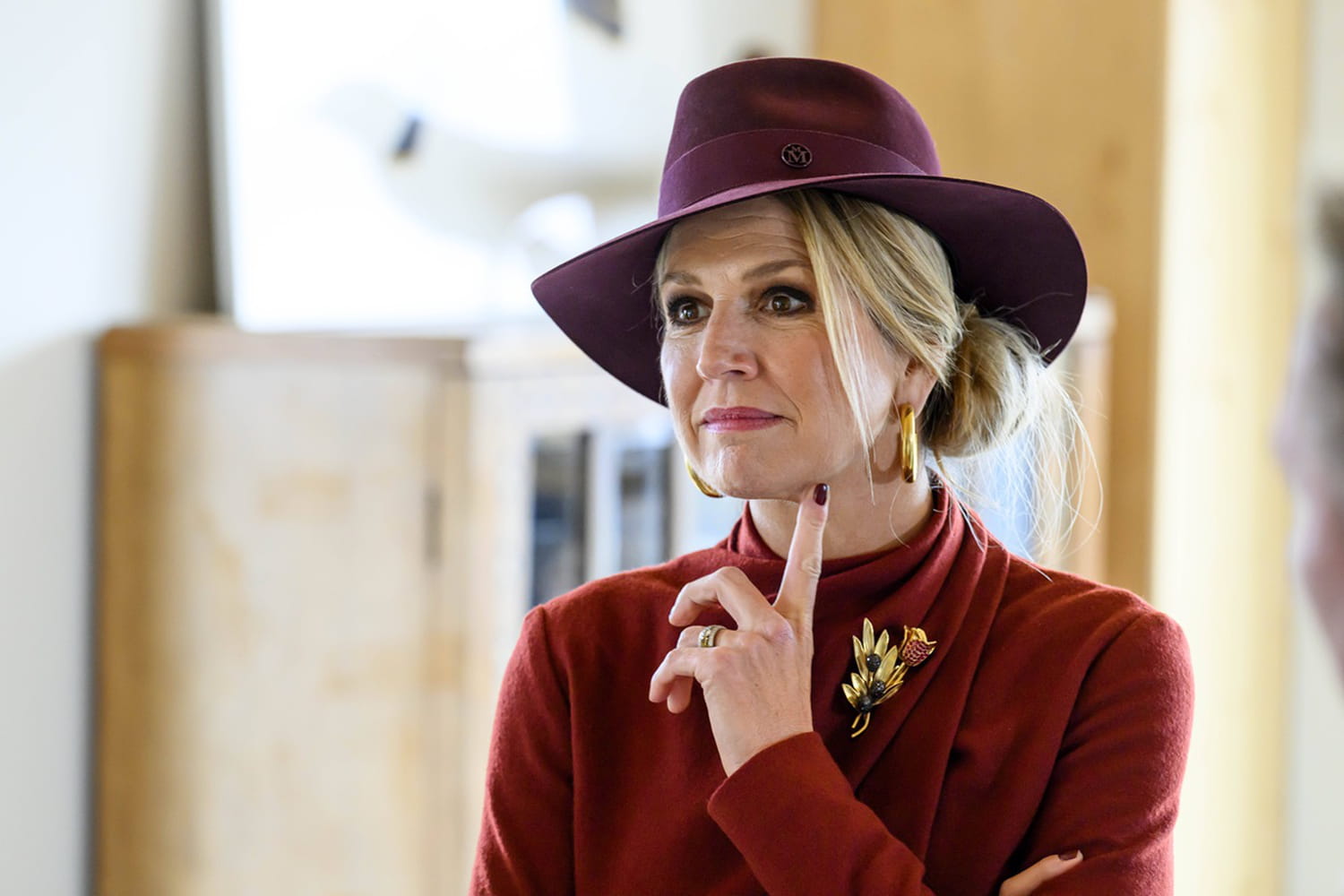95% of French people say they have at least one major source of stress or anxiety.
We live in times that are far from peaceful. The Covid-19 pandemic has given way to war in Ukraine, galloping inflation, and political, economic and ecological uncertainty. This context has direct repercussions on mental well-being. An Ifop survey revealed in 2022 that 95% of French people are stressed or anxious. To overcome this state, everyone uses different methods. Sport, improving sleep, diet, practicing meditation or cultural and artistic activities… They all have benefits, that’s indisputable. But when the anxiety is such that it prevents you from sleeping and makes everyday life gray, you have to find another solution. Psychologists have a very simple trick, which many people do not know. It boils down to one question.
It’s a question “strangely comforting” warns psychologist Jeffrey Bernstein in a Psychology Today article spotted by Medium, but “it prevents your brain from racing under the influence of vague anxiety”. What often paralyzes people with anxiety is wondering “What if?” What if war broke out? What if I lost my job? What if my mother got sick? “It’s astonishing to see how these two little words – what if? – can destroy our serenity in a few seconds, oobserves the psychologist. These questions fuel uncertainty, amplify fears, and cripple our ability to think clearly. From children to adults, no one is safe from these words.”
To find serenity, we must replace the question “What if?” with another, basic question, which contains only 7 words. This question to ask yourself when you feel anxious is: “What is the worst that can happen?” Contrary to what one might believe, “this does not encourage catastrophic thoughts. Quite the contrary: it allows you to refocus” defends Jeffrey Bernstein.
By thinking of the worst, the brain settles down, evaluates reality precisely – unlike the fog it leaves when it asks itself “what if?” – and realizes that, even if the worst happens, he can survive. Humans are afraid of the unknown but do everything to meet the challenges that come their way. It’s innate. Furthermore, according to psychologists, when we have a clear vision of the situation, we have more confidence in our abilities to deal with it.
It is this principle that anxious people must repeat to themselves in order to move forward and try to overcome their deepest fears. And if it doesn’t work or doesn’t work too well, don’t hesitate to consult a psychologist who can help overcome this state. The earlier you do it, the better. But it’s never too late to take care of your mental health. At 40, 50, 60 or even 70 years old, finding serenity and calm must be a priority for your personal well-being.







